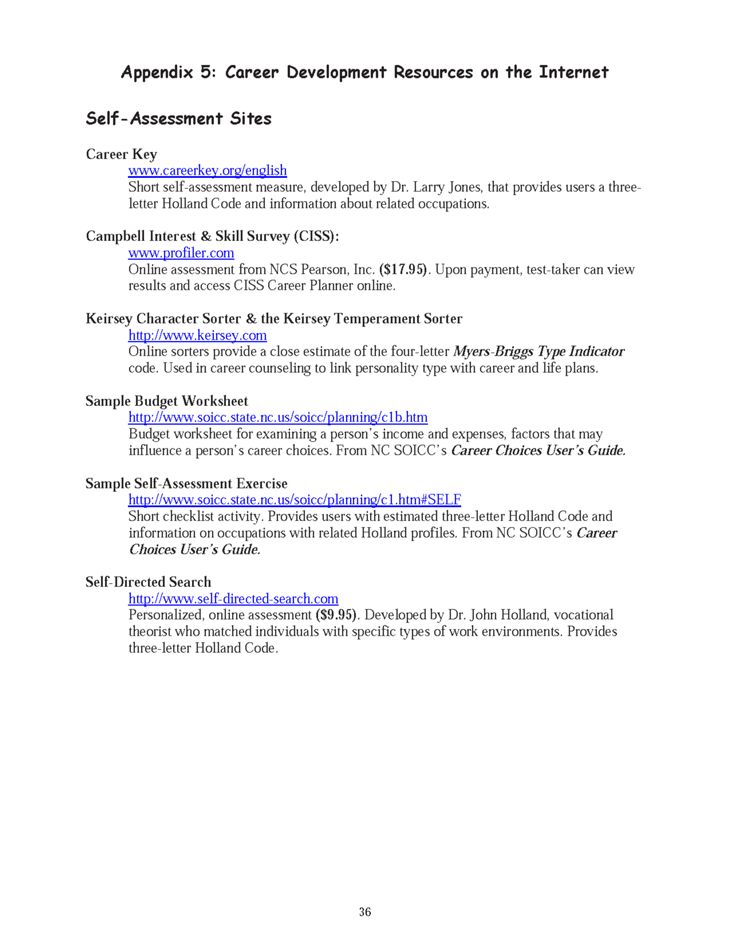
Super
The Super career development theory challenges people think about their career as a combination of many roles. This means that there is no set career, but rather progression through each stage. Super believes that career development is a process of exploration and growth of the whole person, as opposed to other theories which focus on how individuals learn to work in specific roles.
Super began his journey by integrating self-concept theory in his developmental view. He believed that career choice was an expression or a person's selfhood. Career growth was about a person matching their self-concept to their occupational environment. Self-concept is the way someone views themselves. Young women may see themselves as being creative, imaginative, spontaneous, and willingly taking on new responsibilities.
Gottfredson
The theory focuses on the career development process and the compromises people make when formulating their occupational aspirations. The theory also examines how the work environment influences the decision-making process. Although there are many factors that affect career development, they aren't the only ones that cause a lack of diversity in the workforce.

It's also useful in vocational practice. Counselors can explain career development using the theory in order to consider individual preferences and the environment where they work. Counselors can also use the theory to assist disabled people in defining and achieving their career goals.
Factor and trait theory
Many career counselors will use trait-and-factor theory to help individuals choose a profession. According to the theory, a person's personality and interests can influence how they choose their career path. These traits are stable patterns that can be measured and used to make informed decisions about careers. These traits can also be used to match a person to an ideal situation.
Frank Parsons in 1908 was the first to develop this theory. He believed that better compatibility between a person's personality, and the jobs he desired would lead to more satisfaction and greater success. Parsons believed that helping people find the right career for them was vital. He used structured sessions as a way to share his knowledge with clients and to help them understand themselves.
Career construction theory
Career construction theory is an approach to career building that emphasizes the role played by interpersonal and interpretive processes. The theory draws on social constructionism as its meta-theory to reconceptualize personality traits and vocational development tasks as socially constructed meanings. This approach helps individuals discover and develop their passions, which are essential components of a fulfilling career. This is how people can discover new career possibilities.

Career construction theory can be used to help clients identify their values, interests and values and create a personalized plan for their career development. Career counselors use a tool called Career Style Interview to evaluate the lifestyle and identify common themes. It allows them to design a plan that is tailored to each client. This theory is intended to help clients discover and pursue their passions.